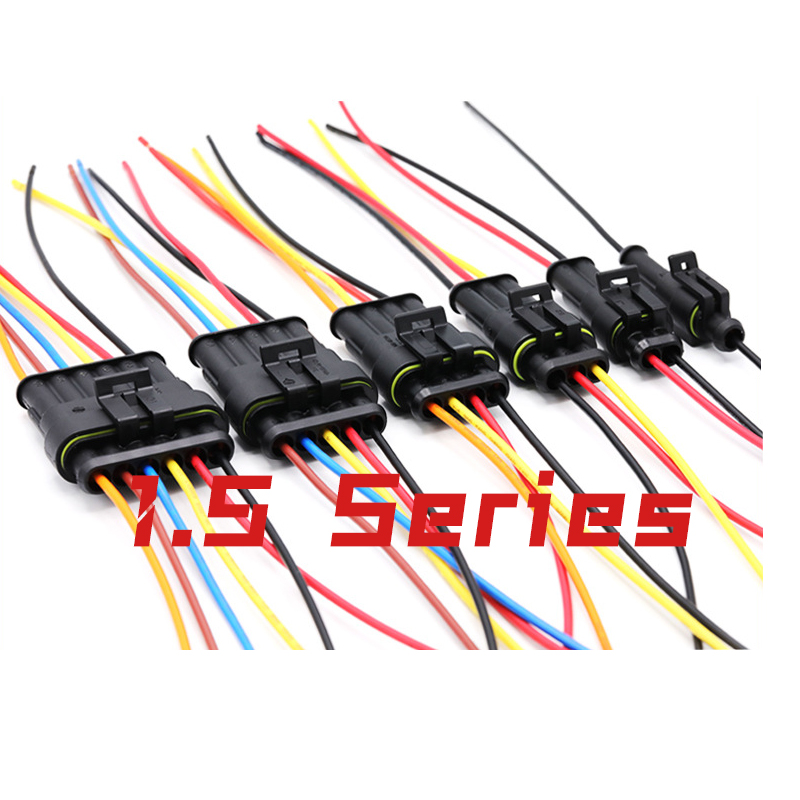Automotive connectors are a vital component of modern vehicles, facilitating the interconnection of various electrical and electronic systems.
As the automotive industry undergoes a significant shift towards electrification and automation, the demand for advanced connectors that meet the latest technical requirements is on the rise. Here are some of the latest developments in the world of automotive connectors:
1. High-Speed Data Transfer With advanced driver assistance systems (ADAS), infotainment, and telematics becoming standard features in new vehicles, the need for high-speed data transfer between different components has increased. Automotive connector manufacturers have developed solutions that support data rates of up to 20 Gbps to ensure seamless communication between various systems.
2. Miniaturization As the number of electronic components in cars increases, there is a need to minimize the size of connectors and harnesses to reduce weight and save space. Miniaturized connectors that can handle high current and voltage requirements have been developed, enabling greater design flexibility and better performance.
3. Waterproof Connectors Given the harsh environments that vehicles operate in, there is a need to ensure that connectors are well-protected from water and other contaminants. Automotive connector manufacturers have developed waterproof connectors that meet the stringent requirements of automotive applications, such as IP67 and IP68 ratings.
4. Self-Driving Cars As self-driving cars become a reality, the importance of high-reliability connectors in ensuring the safety and efficiency of autonomous systems has grown. Advanced connectors with high vibration resistance, high current-carrying capacity, and electromagnetic shielding have been developed to meet the demands of autonomous driving.
5. Electrification As automakers move towards electrification, there is a growing demand for connectors that can handle high voltage and current flow safely and efficiently. Connectors that ensure high power transfer, thermal management, and electrical safety are being developed to support the transition to electric vehicles.
In conclusion, the latest developments in automotive connectors reflect the significant changes taking place in the automotive industry.
As vehicles become increasingly complex and sophisticated, the need for advanced connectors that meet the latest technical requirements becomes more important than ever before. The automotive connector industry is rising to the challenge, and we can expect to see further developments in this area in the years to come.
Post time: May-26-2023
